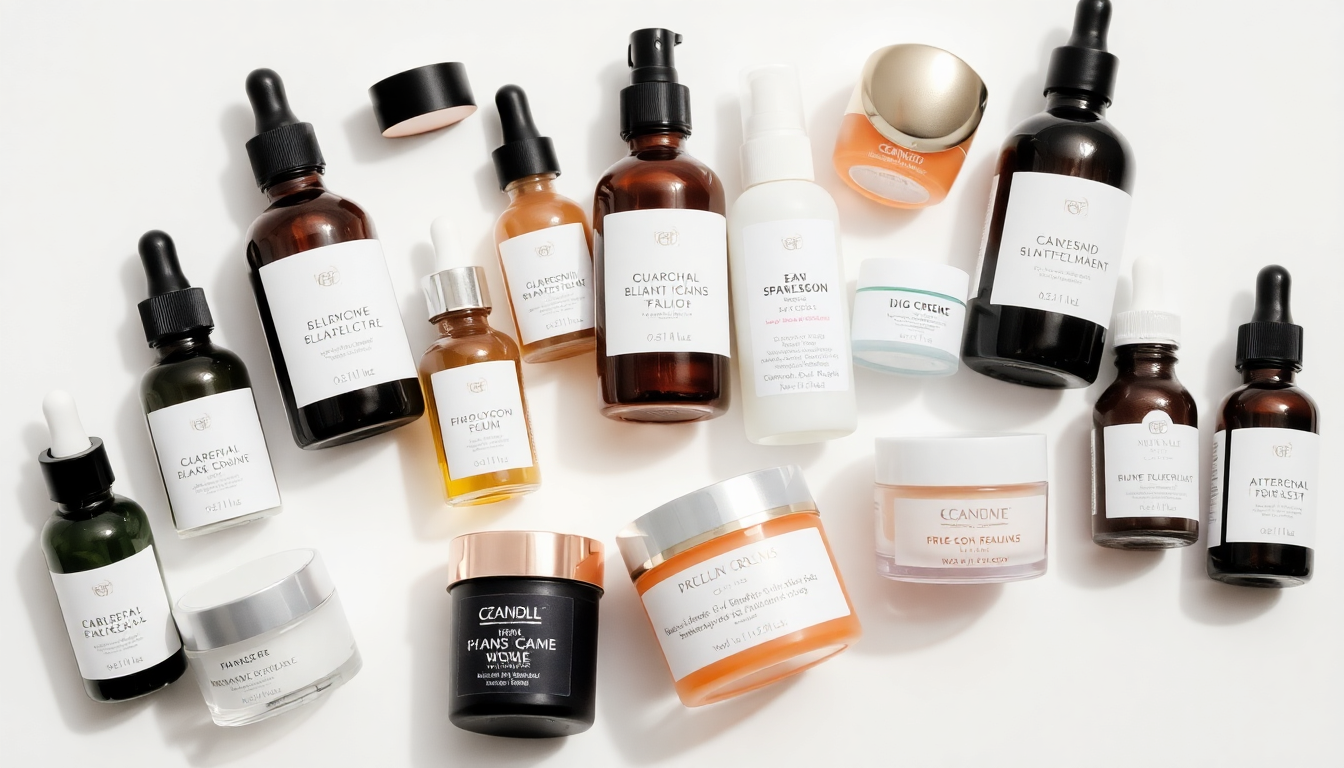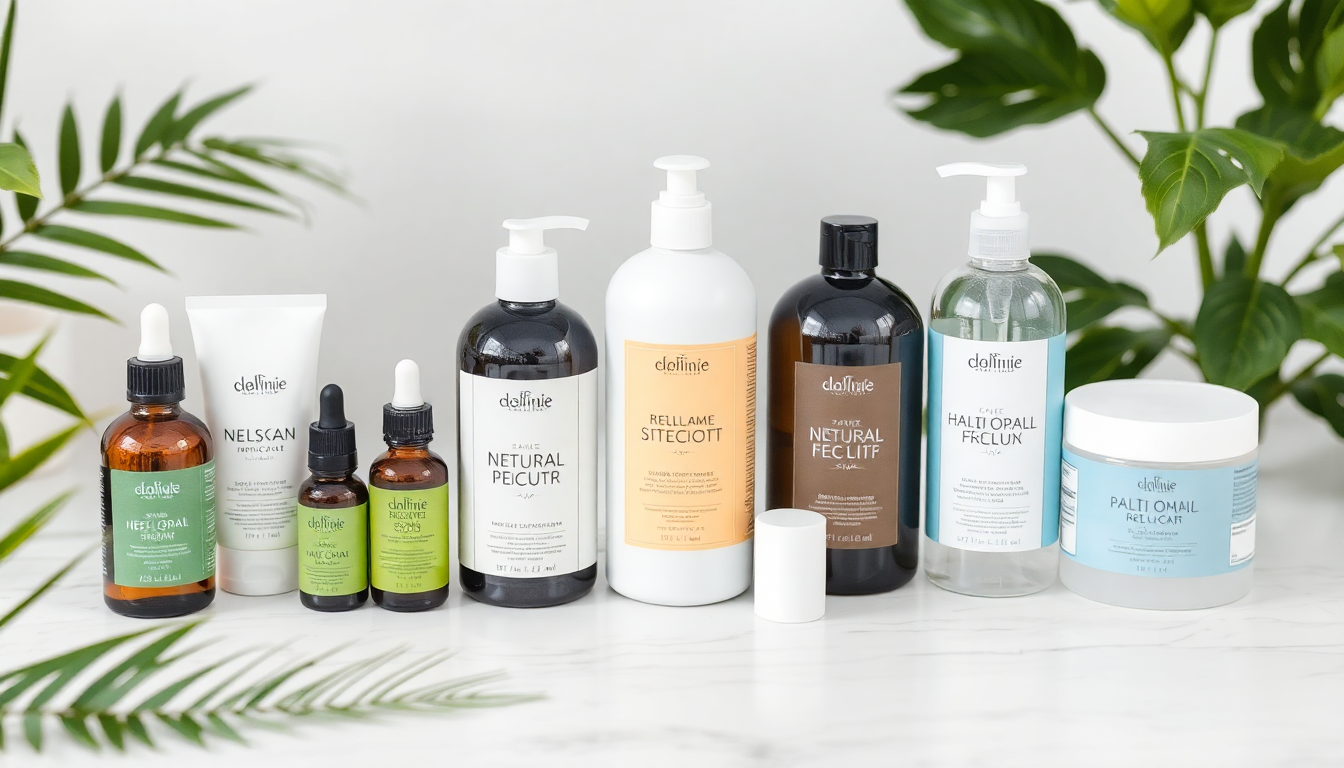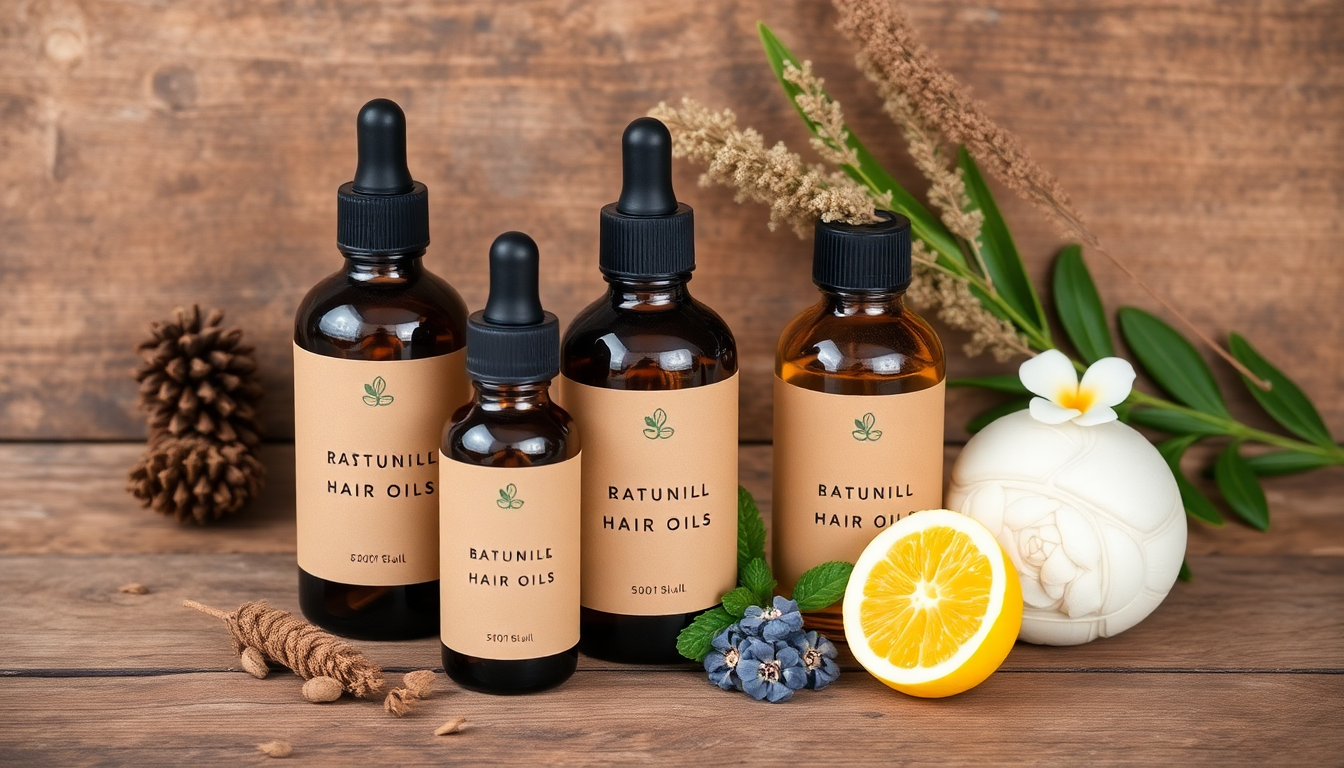Introduction to Acne Expert Skincare in 2025
Acne is one of the most prevalent skin conditions globally, affecting approximately 85% of people between the ages of 12 and 24, and many adults beyond their teenage years. Despite its commonality, acne can significantly impact self-esteem and quality of life. As we move deeper into 2025, the field of skincare continues to evolve with groundbreaking research and innovative treatments that offer new hope for those struggling with persistent acne. This comprehensive article explores the latest expert-approved strategies and cutting-edge technologies designed to combat acne effectively, restore skin health, and help you achieve lasting clarity.
Understanding Acne: Causes, Types, and Skin Biology
To effectively treat acne, understanding its root causes and how it manifests on the skin is essential. Acne occurs when hair follicles become clogged with excess oil (sebum), dead skin cells, and bacteria, leading to inflammation and various lesion types. Several factors influence acne development, including genetics, hormones, lifestyle, and environmental exposures.
Primary Causes of Acne
- Excess Sebum Production: Overactive sebaceous glands produce too much oil, which can clog pores.
- Abnormal Skin Cell Shedding: When dead skin cells aren’t shed properly, they accumulate and block hair follicles.
- Bacterial Overgrowth: Cutibacterium acnes (formerly Propionibacterium acnes) bacteria thrive in clogged pores, causing inflammation.
- Hormonal Fluctuations: Androgens stimulate sebum production and can worsen acne, particularly during puberty, menstrual cycles, or stress.
- Inflammation: The body’s immune response to bacterial growth and follicle blockage can cause redness and swelling.
Common Types of Acne Lesions
- Whiteheads: Closed comedones where pores are clogged but remain beneath the skin surface.
- Blackheads: Open comedones where clogged material oxidizes and appears black.
- Papules: Small red, tender bumps signaling inflammation.
- Pustules: Inflamed lesions containing pus.
- Nodules and Cysts: Deeper, painful lumps that can cause scarring and require more intensive treatment.
Proven Solutions in Acne Expert Skincare for 2025
Acne expert skincare today blends well-established ingredients with enhanced formulations and delivery systems to optimize results while minimizing irritation. Here is an in-depth look at the components and approaches that remain foundational to effective acne management.
Topical Retinoids: The Gold Standard
Retinoids are derivatives of vitamin A that work by promoting cell turnover, preventing clogged pores, and reducing inflammation. In 2025, new retinoid formulations incorporate encapsulation and slow-release technologies to improve skin tolerance and efficacy. Popular retinoids include tretinoin, adapalene, and tazarotene. Benefits include:
- Reduction in comedones and inflammatory lesions.
- Prevention of new breakouts.
- Improvement in acne scarring and skin texture.
Expert tip: Start with lower concentrations and gradually increase usage to reduce irritation.
Benzoyl Peroxide: Powerful Antibacterial Action
Benzoyl peroxide remains a frontline treatment due to its efficacy in killing acne-causing bacteria and preventing antibiotic resistance. Modern formulations combine benzoyl peroxide with soothing agents like aloe vera or niacinamide to mitigate dryness and redness.
Salicylic Acid: Deep Pore Exfoliation
As a beta-hydroxy acid (BHA), salicylic acid penetrates deep into pores to exfoliate dead skin cells and reduce oiliness. It is especially effective for blackheads and whiteheads. New delivery systems in 2025 allow for sustained release, enhancing its exfoliating effects without over-drying skin.
Niacinamide: Multi-Functional Skin Soother
Niacinamide (vitamin B3) is celebrated for its anti-inflammatory and barrier-strengthening properties. It reduces redness, controls sebum production, and supports skin repair. In combination with other active ingredients, niacinamide boosts overall treatment effectiveness.
Comprehensive Skincare Routines
Experts emphasize the importance of a consistent and gentle skincare regimen that includes:
- Gentle Cleansing: Use non-comedogenic, fragrance-free cleansers twice daily to remove excess oil and impurities.
- Moisturizing: Hydrate skin with oil-free moisturizers to maintain barrier function and reduce irritation from active treatments.
- Sun Protection: Daily application of broad-spectrum sunscreen prevents pigmentation and protects sensitive skin undergoing acne treatment.
Cutting-Edge Treatments Revolutionizing Acne Care in 2025
The rapid advancement of dermatological technology has brought new, effective acne treatments beyond traditional topical and oral medications.
Light-Based Therapies
Light therapy has gained significant traction in acne treatment. Two main types are used:
- Blue Light Therapy: Targets and destroys Cutibacterium acnes bacteria, reducing inflammation and breakouts.
- Red Light Therapy: Penetrates deeper to promote skin healing and decrease redness.
In 2025, portable home devices with FDA clearance allow patients to conveniently incorporate light therapy into their routines under expert guidance.
Microneedling with Growth Factors
Microneedling creates tiny controlled skin injuries that stimulate collagen production and enhance absorption of topical growth factors. This treatment effectively reduces acne scars and improves skin texture. When combined with platelet-rich plasma (PRP) or specialized serums, results are accelerated and more pronounced.
Artificial Intelligence (AI) Personalized Skincare
AI-powered diagnostic tools analyze skin type, acne severity, lifestyle, and genetics to recommend personalized treatment plans. These technologies optimize ingredient combinations and monitor progress, making acne care more precise and effective than ever before.
Probiotics for Skin Microbiome Balance
Emerging research confirms that a balanced skin microbiome is critical in preventing acne. Topical and oral probiotics help restore healthy bacterial populations, reduce inflammation, and enhance immune response. Leading skincare brands in 2025 are incorporating probiotic formulations targeting acne-prone skin.
Advanced Chemical Peels and Laser Treatments
Modern chemical peels use hybrid acid blends that allow for deeper exfoliation with minimal irritation and downtime. Fractional lasers and non-ablative laser technologies offer targeted treatment of active acne and scars, promoting collagen remodeling and skin rejuvenation.
Lifestyle and Dietary Factors Supporting Acne-Free Skin
While expert skincare and treatments are fundamental, lifestyle choices play a vital role in maintaining clear skin.
Nutrition and Diet
- Low-Glycemic Index Foods: Diets low in refined sugars and carbohydrates have been shown to reduce acne severity.
- Anti-Inflammatory Foods: Incorporate foods rich in omega-3 fatty acids, antioxidants, and vitamins (such as leafy greens, berries, and nuts) to support skin health.
- Dairy Moderation: Some individuals benefit from reducing dairy intake, which may exacerbate acne in sensitive people.
Hydration and Sleep
Drinking ample water helps maintain skin hydration and flush toxins. Adequate sleep supports hormonal balance and skin repair processes.
Stress Management
Chronic stress elevates cortisol levels, which may increase sebum production and inflammation. Engage in stress-relieving practices such as meditation, yoga, or regular exercise.
Proper Skin Hygiene and Product Use
- Always remove makeup thoroughly before bed.
- Avoid harsh scrubbing or overwashing, which can irritate skin.
- Choose non-comedogenic and fragrance-free skincare and makeup products.
- Do not pick, squeeze, or pop pimples to prevent scarring and infection.
When to Consult a Dermatologist
While many mild to moderate acne cases can be managed with expert skincare routines and OTC treatments, certain situations warrant professional evaluation:
- Severe cystic or nodular acne causing pain or scarring.
- Acne not responding to at-home treatments after several months.
- Significant psychological distress related to acne.
- Suspected underlying hormonal or medical conditions.
Dermatologists can prescribe oral medications such as antibiotics, hormonal therapies, or isotretinoin, and provide in-office treatments customized to your skin’s needs.
Conclusion: Embrace the Future of Acne Expert Skincare in 2025
In 2025, the convergence of advanced scientific research, innovative technologies, and personalized care has transformed acne treatment into a highly effective and manageable process. Combining proven topical ingredients, breakthrough therapies like light treatment and microneedling, along with healthy lifestyle habits creates the ideal formula for clear, radiant skin. Consulting acne experts and leveraging AI-driven personalized skincare plans will empower you to overcome acne with confidence and enjoy the best skin of your life.
Remember, patience and consistency are key. Your journey to clear skin is unique, and with the right tools and support, 2025 is your year to shine.




Lämna en kommentar
Alla kommentarer modereras innan de publiceras.
Denna webbplats är skyddad av hCaptcha och hCaptchas integritetspolicy . Användarvillkor gäller.